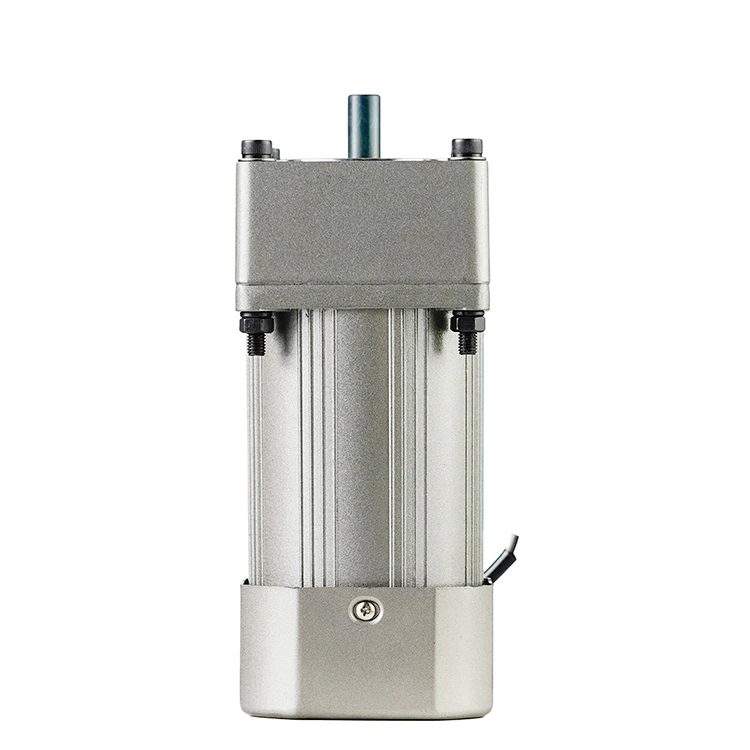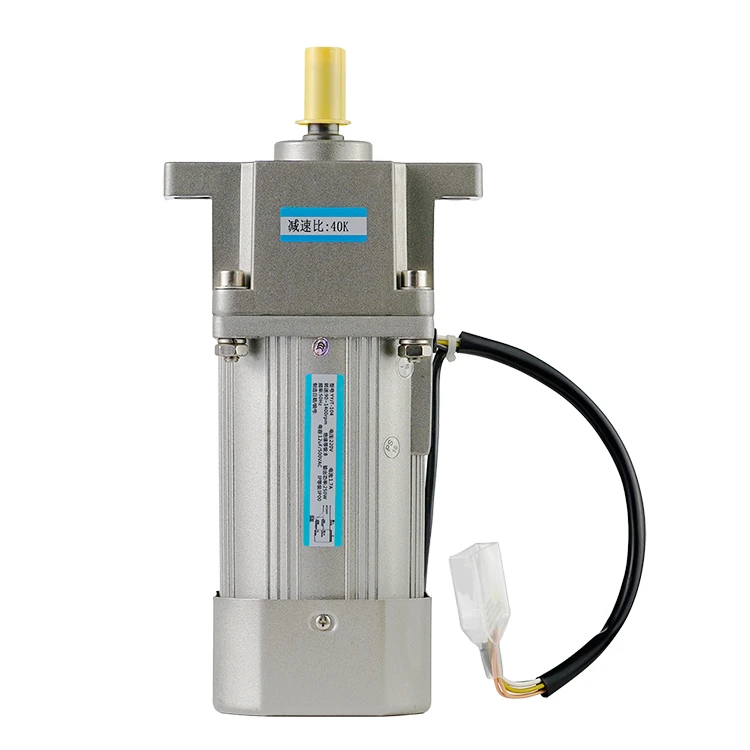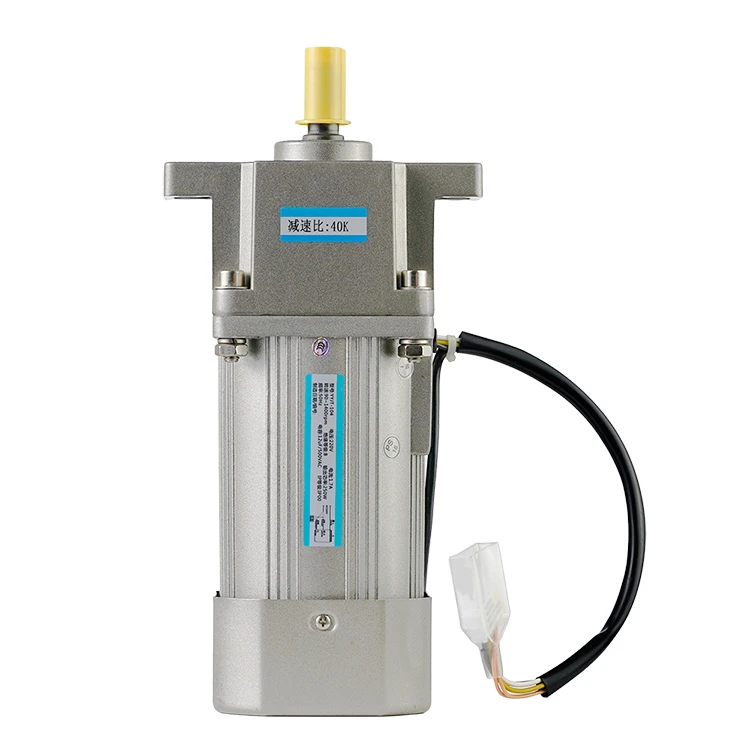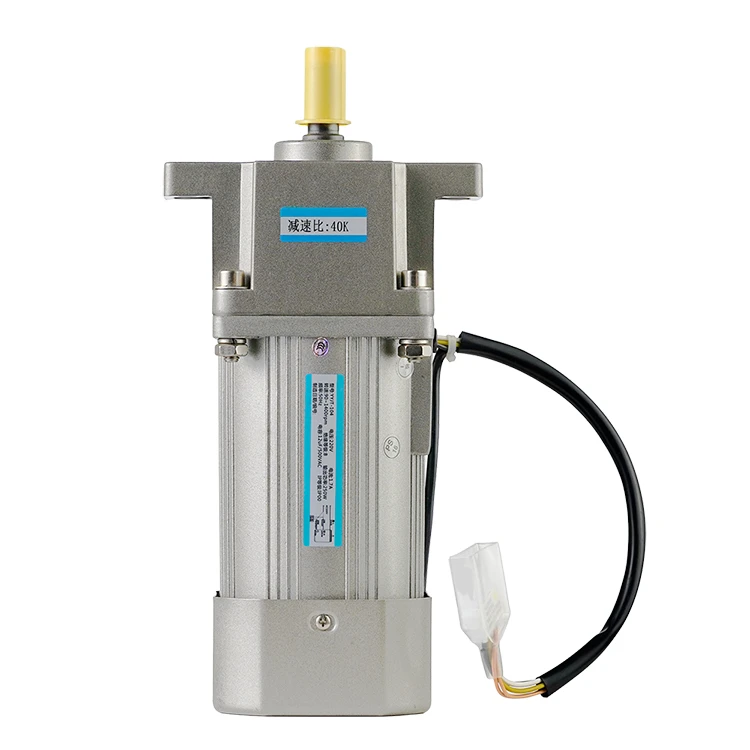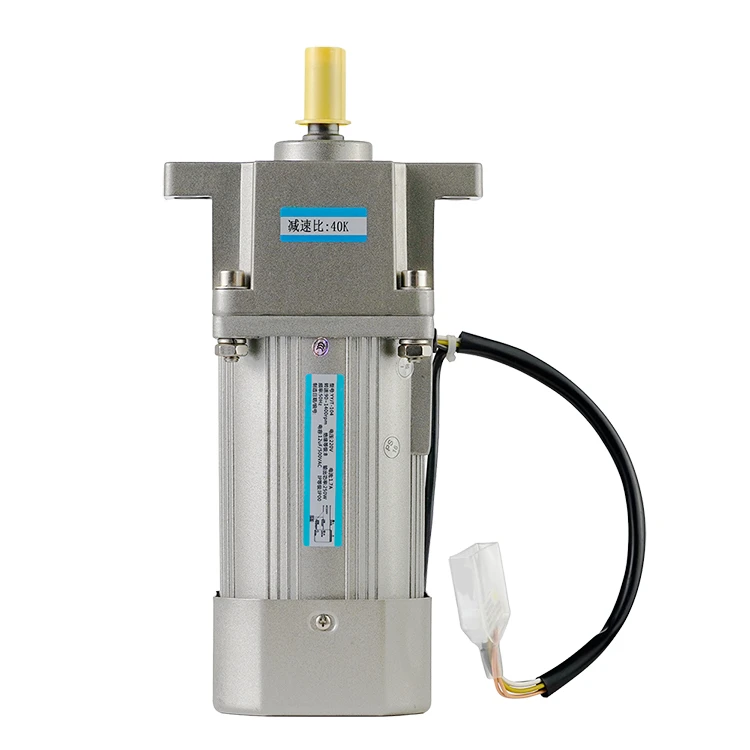What type of lubrication is required for the gearbox?
2023-03-31 11:20:05
Gearboxes are an essential part of many machines and mechanical systems. They are used to alter the output speed and torque of a motor or engine by changing the gear ratio between the input and output shafts. Proper lubrication of gearboxes is critical for optimal performance and longevity. In this article, we will provide a comprehensive guide to lubrication requirements for gearboxes, including the different types of gear oil, factors to consider when choosing gear oil, and maintenance tips for optimal gearbox performance.
Types of Gear Oil & Their Different Uses
There are several types of gear oil available in the market, each designed for a specific application. Transmission oil is one of the most common types of gear oil and is used in automotive transmissions. There are also specialized gear oils, including synthetic gear oil, which offers better performance in extreme temperatures and high-pressure applications. Industrial gear oil is used in heavy machinery and equipment, and food-grade gear oil is used in the food and beverage industry.
What Factors Should You Consider When Choosing Gear Oil?
When selecting gear oil for your gearbox, there are several factors to consider. Viscosity ratings are essential, as they determine the thickness and flow of the oil. The compatibility of the gear oil with the materials used in the gearbox is also important, as certain gear oils can corrode or degrade some materials. Operating conditions, including temperature, humidity, and load, also play a role in determining the right gear oil for your application.
How Frequently Should You Change Gearbox Lubrication Oil?
Regular oil changes are essential for optimal gearbox performance and longevity. The recommended replacement schedule for gearbox lubricants varies depending on the application and the type of gear oil used. However, factors that can affect the frequency of oil changes include operating conditions, oil quality, and the gearbox's age and condition.
Oil-Fluid Level Monitoring and Maintenance for Optimal Performance
Maintaining the proper fluid levels in your gearbox is critical for optimal performance. Checking fluid levels regularly and detecting any issues can prevent damage and prolong the gearbox's life. Maintenance tips for optimal gearbox performance include monitoring oil levels, avoiding overfilling, and ensuring that the gearbox is properly vented.
Conclusion
Proper lubrication of gearboxes is essential for optimal performance and longevity. Choosing the right gear oil, following manufacturer recommendations for oil changes, and maintaining the proper fluid levels are crucial for optimal gearbox performance. By understanding the lubrication requirements for gearboxes and following best practices, you can ensure that your gearbox operates smoothly and reliably for years to come.
See What Lunyee Can Do For You
Contact Us
- 8619149417743
- +86-0371-5562 0274
- [email protected]
- Zhengzhou, Henan Province, China
- Mon-Fri: 9:00 - 18:00
